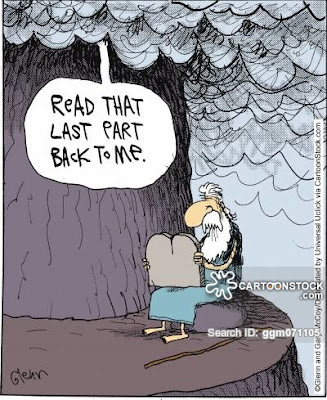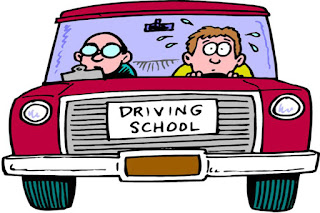Pet Peeve: The Problem with Proofreading
In a previous life I did proofreading for the American Institute of Physics. They published at the time prestigious peer-reviewed physics journals. This was also when I had grand delusions of becoming a writer or editor. After securing the position I discovered why most writers and editors have day jobs. They aren’t paid much. So I opted out after a year, and chose another career path, one in which I actually made money for what I did.
And no, I didn’t verify the math. I simply made sure it was copied from manuscript to galley correctly. If it was wrong in the manuscript and wrong in the galleys, I was fine.
But I digress.
I got pretty good at proofreading, looking at words forwards then backwards (which works for some reason), and comparing manuscripts to galleys to make sure there were no misspellings, extra words, or words missing.
But there was also the math. Some journals were math heavy, while others were word heavy. The math heavy journals presented their own special problems, what with all those tiny symbols blending into one another at the most inopportune time -- "i" and "e" and pie (no, not that pie), limits that go to zero or infinity or somewhere in between, integral figures with little thingies on the top and bottom of them, series, and on and on and on -- proofing was a tedious job prone to error.
But all of that is just part of the job, and I digress again.
The problem with proofreading, and the reason why I write this, is that it requires a different kind of reading, a reading in which words, sentences, and comprehension are irrelevant, and punctuation marks and individual letters and their positions in words are everything. The relationship between proofreading and normal, leisure reading is like a marriage gone terribly wrong, Embedded in the relationship is a contradiction, and I have developed a law, Shadow's Law, that succinctly describes the contradiction.
Shadow's Law: The skill of a proofreader is inversely proportional to the skill of a leisure reader.
What my law says is that you can't switch from leisure reading to proof reading. No good segue exists. You can only be good at one or the other, and any attempt at being good at both will end in disaster. While I was proofreading I couldn't leisure read. When I attempted to leisure read, I found myself retaining nothing of what I read, instead finding all the errors -- misspellings, missing words, missing or wrong punctuation.
What fun is that, I say. Another reason to seek another career.
Oh, and I had 20/20 vision going in. I came out seeing only blurs in the distance. Thank you, proofreading.
That's it. If you plan to proofread, don't plan on leisure reading. Sacrifices must be made.
PS: We once received a rush job. It had to go into the journal about to be published, and I was given that turkey. Let me tell you, if that letter (masquerading as a submission) was any indication of the writing abilities of physicists in general, I pity us all. The only thing correct was the math . . . we all hoped.



Comments
Post a Comment